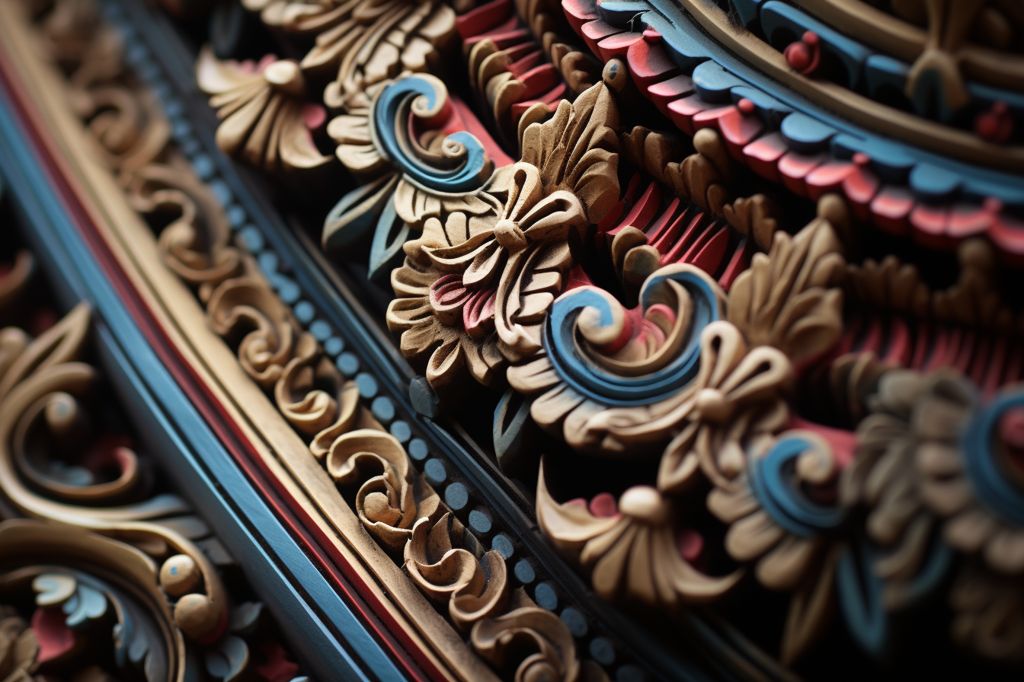Cape Town’s Islamic Roots: A Journey Through Time
Within the heart of Cape Town lies the Circle of Kramats, providing a mesmerizing insight into the city’s precious Islamic heritage. As we commemorate Heritage Month, let’s explore the importance of these holy shrines and the influence they continue to have on local communities.
The Circle of Kramats signifies the spiritual and cultural influence of Islam’s arrival in the Cape. The Dutch colonial era, which involved the colonization of regions like India, Ceylon, and Java, is deeply intertwined with this history. As local resistance leaders and communities were exiled to the Cape, they carried with them their valuable Islamic culture. Concurrently, the enslavement of individuals from different backgrounds – Malay, Indian, Javanese, Bengalese, and Arabian – led to the creation of Cape Town’s first Muslim communities.
During this tumultuous time, esteemed figures like Sheikh Abdurahman Matebe Shah and Sayed Mahmud reached the Cape in 1667. Referred to as ‘Friends of Allah,’ these spiritual leaders laid the groundwork for the growth of Islam, offering sanctuary and guidance to runaway slaves and local residents. One of the most well-known figures in this tale is Sheikh Yusuf, a nobleman from Macassar who was exiled to the Cape by the Dutch in 1693. Through his teachings, Sheikh Yusuf nurtured the first real Muslim community in the late 1690s, providing a haven for escaped enslaved people.
The Prophecy of the Circle of Kramats
The Circle of Kramats holds immense spiritual meaning, with its strategic placement fulfilling a prophecy that dates back 250 years. This prophecy foretold the formation of a ‘circle of Islam’ surrounding Cape Town. Originating at Signal Hill with four individual kramats, the circle stretches to Oude Kraal and Constantia before reaching its conclusion at the renowned kramat of Sheikh Yusuf in Faure. The ancient tomb on Robben Island, known for sheltering political prisoners, completes this historic circle.
Constructed by apartheid-era prison authorities in the 1960s, the Robben Island kramat serves as a somber symbol of Islam’s perseverance in the face of tyranny. It pays tribute to Tuan Matarah, or Sayed Abduraghman Motura, a man celebrated for his healing abilities who provided solace and comfort to fellow prisoners during periods of sickness.
The Circle of Kramats: A Proud Heritage
In a momentous achievement, ten of the 31 kramats in Cape Town were designated as national heritage sites in 2021 by the South African Heritage Resource Agency (Sahra). This accomplishment is a testament to the unrelenting efforts of the Cape Mazaars Society (CMS) and Vidamemoria heritage consultants. With this proclamation, the final resting places of leaders such as Tuan Guru and Sheikh Yusuf are now safeguarded, guaranteeing their preservation for future generations.
The acknowledgement of the Circle of Kramats as an integral component of South Africa’s diverse heritage provides a profound sense of inclusion. It acts as a reminder of the significant contributions made by the Muslim community to Cape Town’s history, particularly in the face of colonialism. As we celebrate Heritage Month, the Circle of Kramats stands as an evocative symbol of the faith, culture, and sense of community that have molded the city.
So, while strolling through Cape Town’s streets, pause for a moment to appreciate the Circle of Kramats. These sacred sites, now officially recognized as national heritage sites, embody the enduring spirit of Islam and its impact on the city’s history. And in doing so, let us honor the rich array of cultures and traditions that contribute to Cape Town’s vibrant, diverse identity.








